Coronavirus: pound plummets amid pandemic crisis
Sterling slumps to lowest level against the dollar in more than three decades
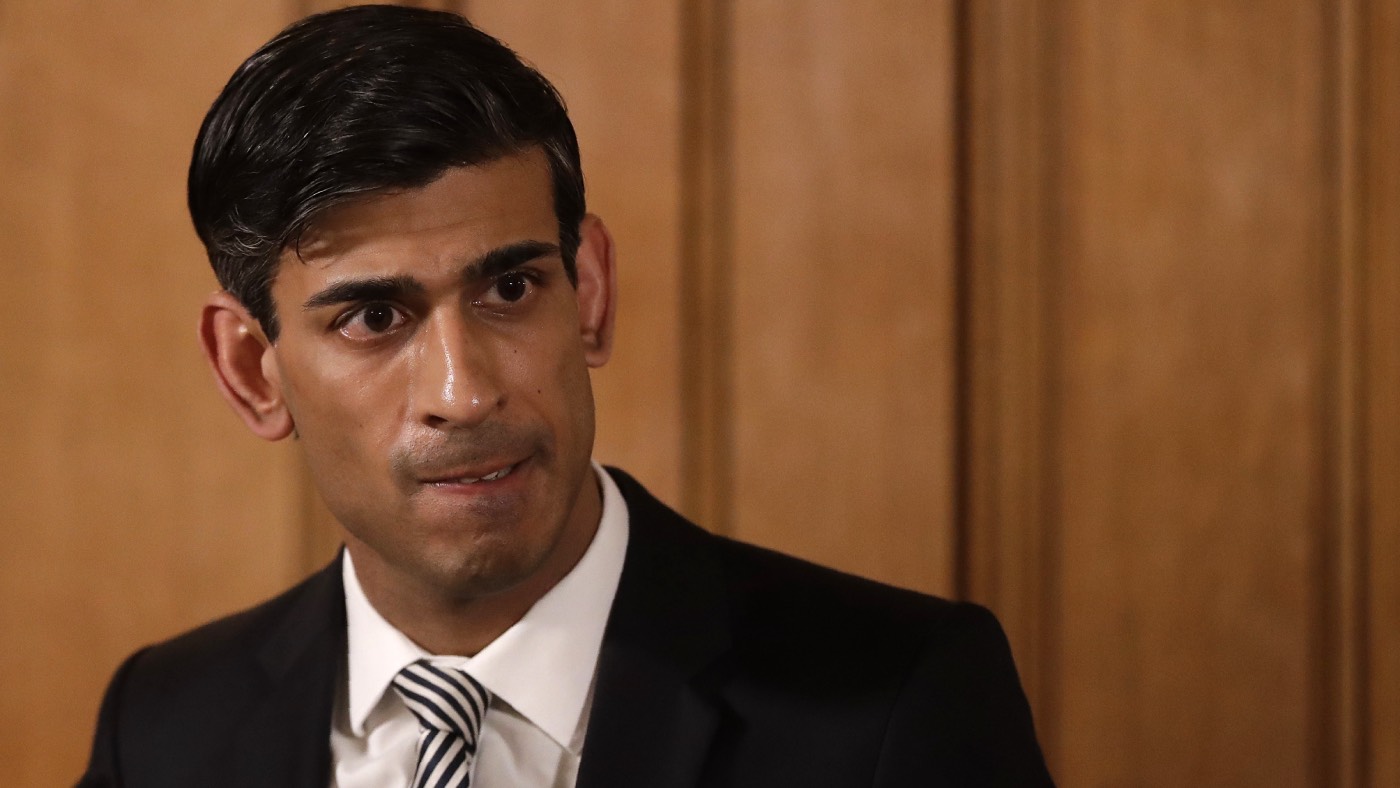
A free daily email with the biggest news stories of the day – and the best features from TheWeek.com
You are now subscribed
Your newsletter sign-up was successful
The value of the pound has plunged as fears about the coronavirus pandemic trigger a mass sell-off and shake global financial markets.
Investors offloaded assets ranging from equities and oil to government bonds and gold in the rout on Wednesday.
The Times says the falls in the latter two assets, “which are usually in demand during periods of chaos”, suggest that investors were scrambling to raise cash by selling positions.
The Week
Escape your echo chamber. Get the facts behind the news, plus analysis from multiple perspectives.

Sign up for The Week's Free Newsletters
From our morning news briefing to a weekly Good News Newsletter, get the best of The Week delivered directly to your inbox.
From our morning news briefing to a weekly Good News Newsletter, get the best of The Week delivered directly to your inbox.
The sell-off sent sterling below $1.15, its worst level since 1985, while the FTSE 100 ended the day down 214.32 points, or 4.05% - falling to the lowest point since October 2011.
–––––––––––––––––––––––––––––––For a round-up of the most important stories from around the world - and a concise, refreshing and balanced take on the week’s news agenda - try The Week magazine. Start your trial subscription today –––––––––––––––––––––––––––––––
The pound is now at a 31-year low against the US dollar, after dropping by more than 12% since the beginning of the year, and by more than 9% against the euro.
Several other currencies have also collapsed in value against the US dollar, with the Australian dollar falling to its lowest level since January 2003.
A free daily email with the biggest news stories of the day – and the best features from TheWeek.com
Sky News business presenter Ian King says these drops could be down to the relative attractiveness of the US dollar and the euro for investors looking for “safe haven-buying” - investments that are expected to retain or increase in value during times of market turbulence.
All the same, the Dow Jones yesterday lost “almost all the gains it had previously enjoyed under Donald Trump”, says The Times.
Wall Street also joined the rout, with trading temporarily halted after circuit breakers designed to give investors breathing space were tripped for the fourth time in recent days.
Jim Reid, a strategist at Deutsche Bank, said: “Investors are trying to calibrate to what the new world looks like. No one’s got certainty about when the economy is going to be anything vaguely like normal again.”
This lack of certainty has been underlined by UK Chancellor Rishi Sunak’s announcement earlier this week of a £350bn economic stimulus package.
Sunak is offering £330bn of government-backed loans for businesses and another £20bn in direct cash support - with the new injection of money coming less than a week after an initial £7bn package was announced in the Budget.
The chancellor is also giving all retail, hospitality and leisure businesses a one-year holiday from their business rates bill.
-
 How to Get to Heaven from Belfast: a ‘highly entertaining ride’
How to Get to Heaven from Belfast: a ‘highly entertaining ride’The Week Recommends Mystery-comedy from the creator of Derry Girls should be ‘your new binge-watch’
-
 The 8 best TV shows of the 1960s
The 8 best TV shows of the 1960sThe standout shows of this decade take viewers from outer space to the Wild West
-
 Microdramas are booming
Microdramas are boomingUnder the radar Scroll to watch a whole movie
-
 Currencies: Why Trump wants a weak dollar
Currencies: Why Trump wants a weak dollarFeature The dollar has fallen 12% since Trump took office
-
 Trump wants a weaker dollar, but economists aren’t so sure
Trump wants a weaker dollar, but economists aren’t so sureTalking Points A weaker dollar can make imports more expensive but also boost gold
-
 What a rising gold price says about the global economy
What a rising gold price says about the global economyThe Explainer Institutions, central banks and speculators drive record surge amid ‘loss of trust’ in bond markets and US dollar
-
 Gold tops $4K per ounce, signaling financial unease
Gold tops $4K per ounce, signaling financial uneaseSpeed Read Investors are worried about President Donald Trump’s trade war
-
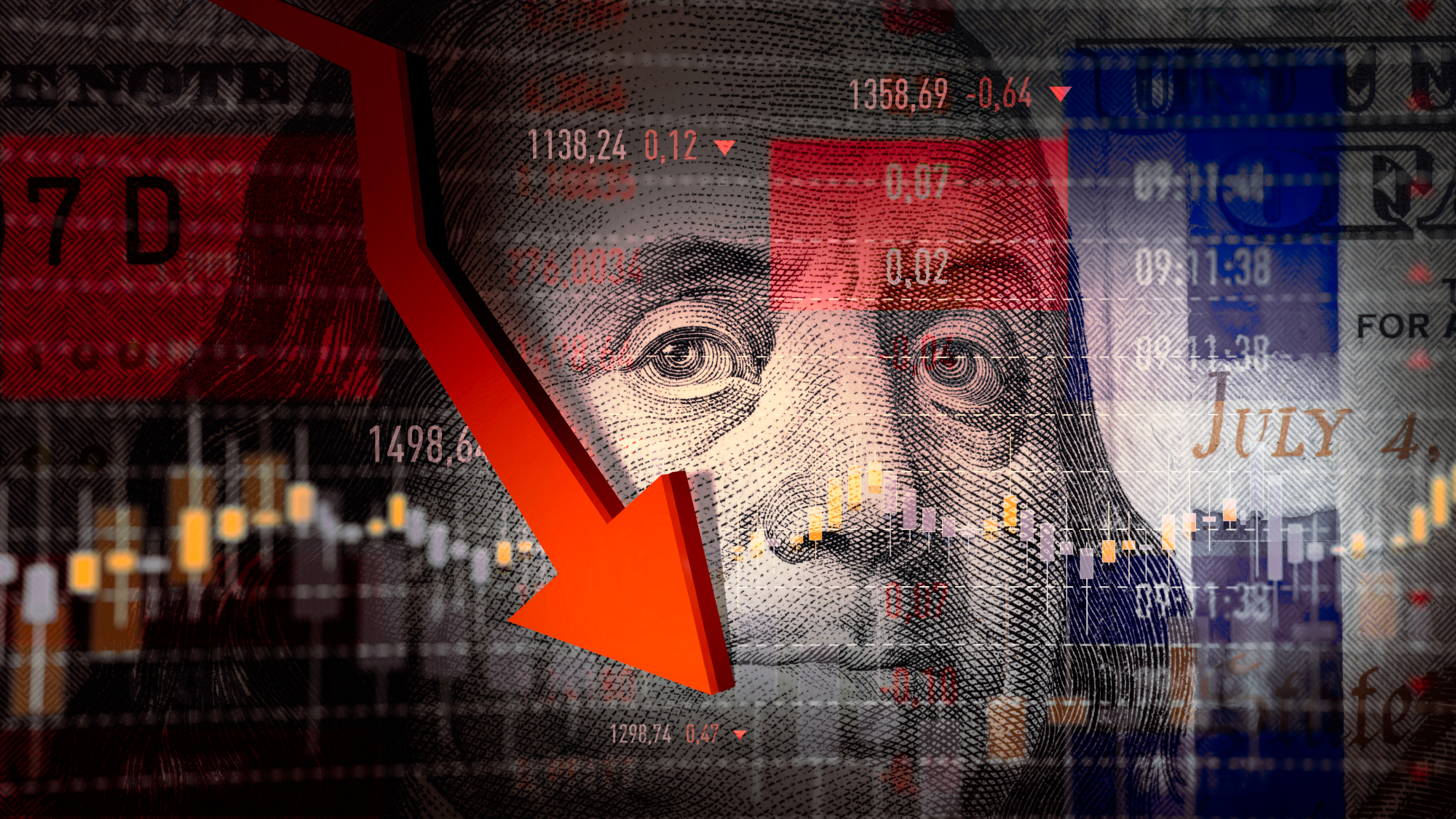 Dollar faces historic slump as stocks hit new high
Dollar faces historic slump as stocks hit new highSpeed Read While stocks have recovered post-Trump tariffs, the dollar has weakened more than 10% this year
-
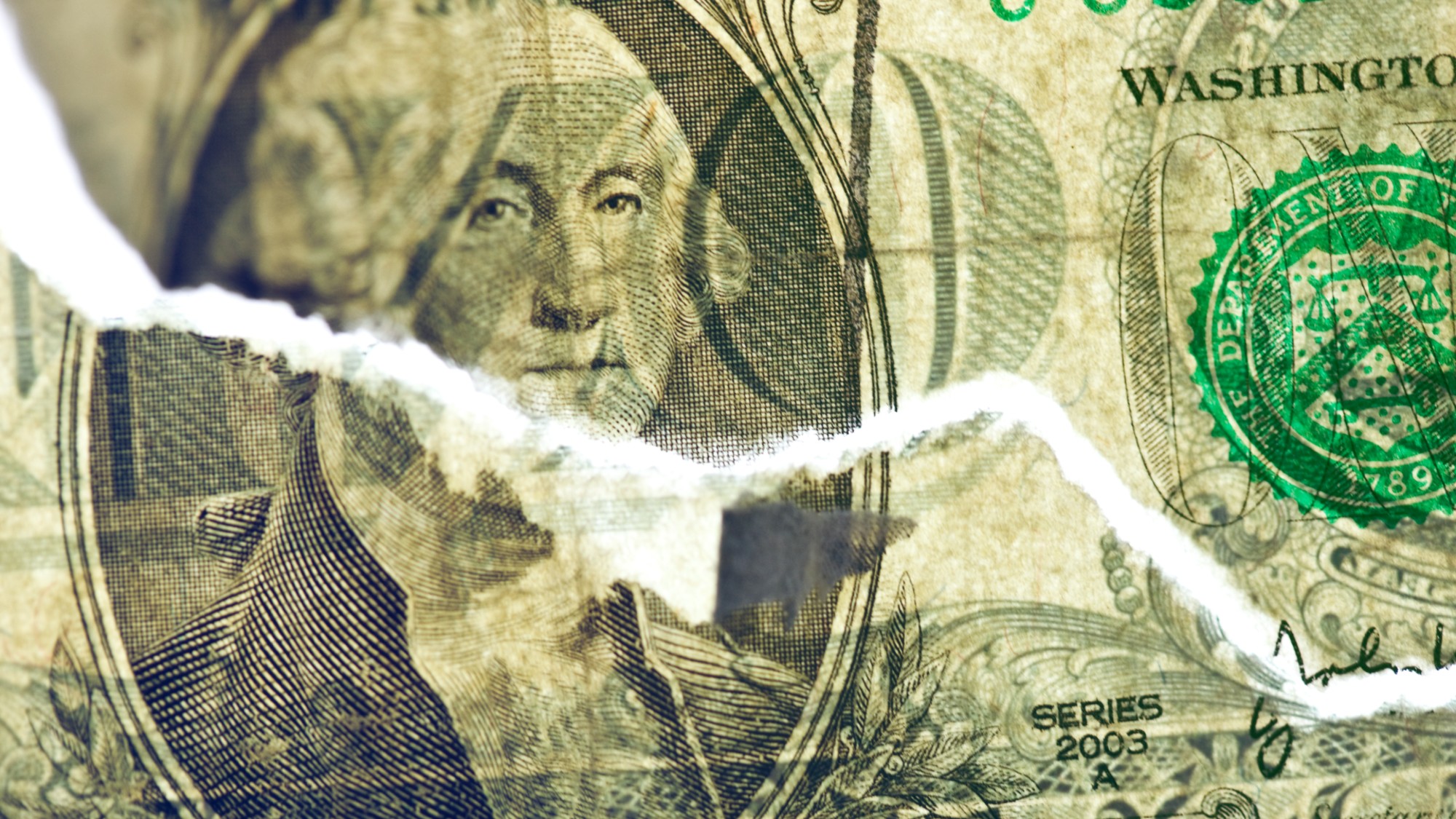 What is the dollar's future after Moody's downgrade?
What is the dollar's future after Moody's downgrade?Today's Big Question Trump trade wars and growing debt have investors looking elsewhere
-
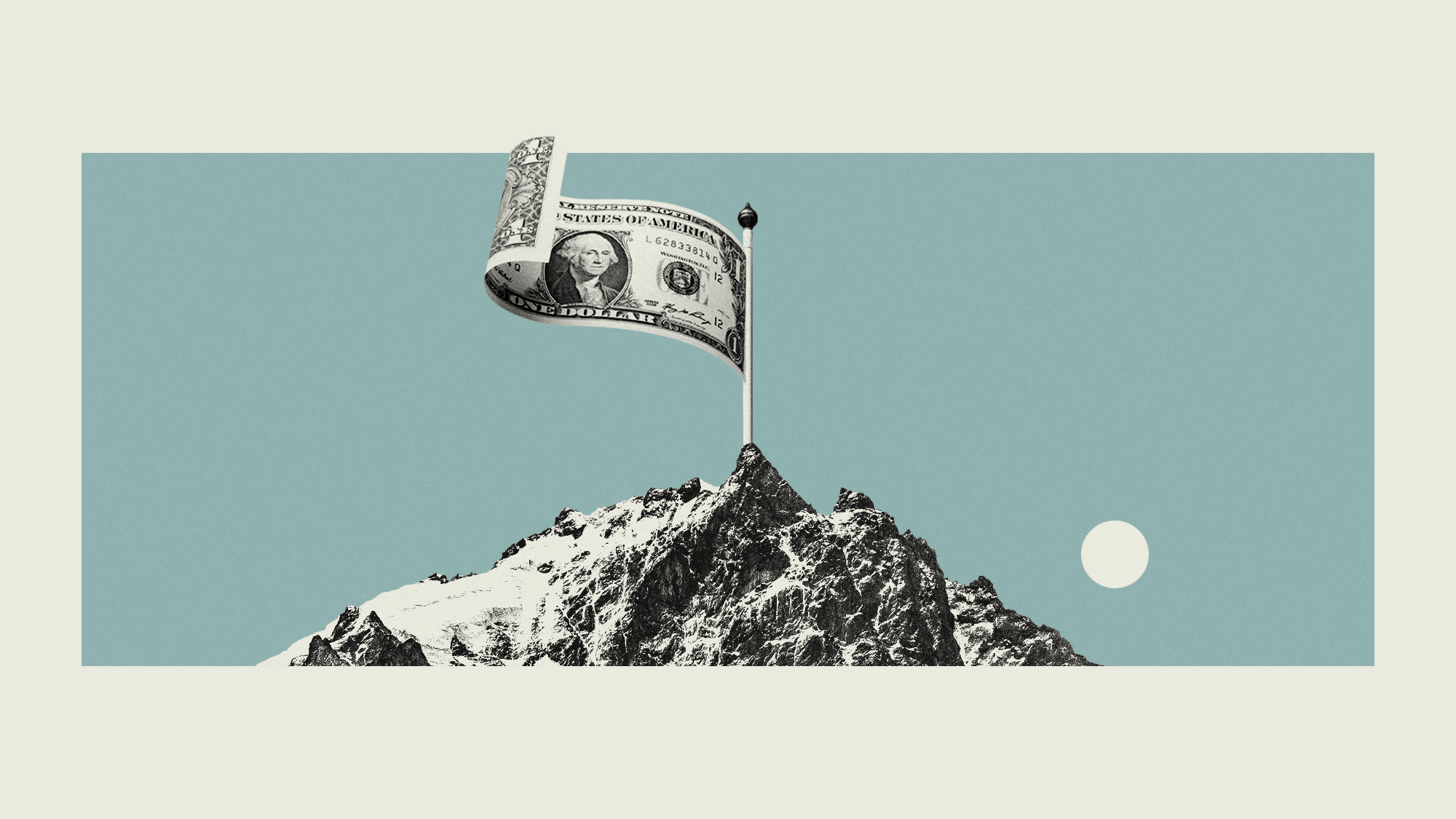 Can the dollar stay on top?
Can the dollar stay on top?Today's Big Question Political dysfunction could undermine the world's reserve currency. But not yet.
-
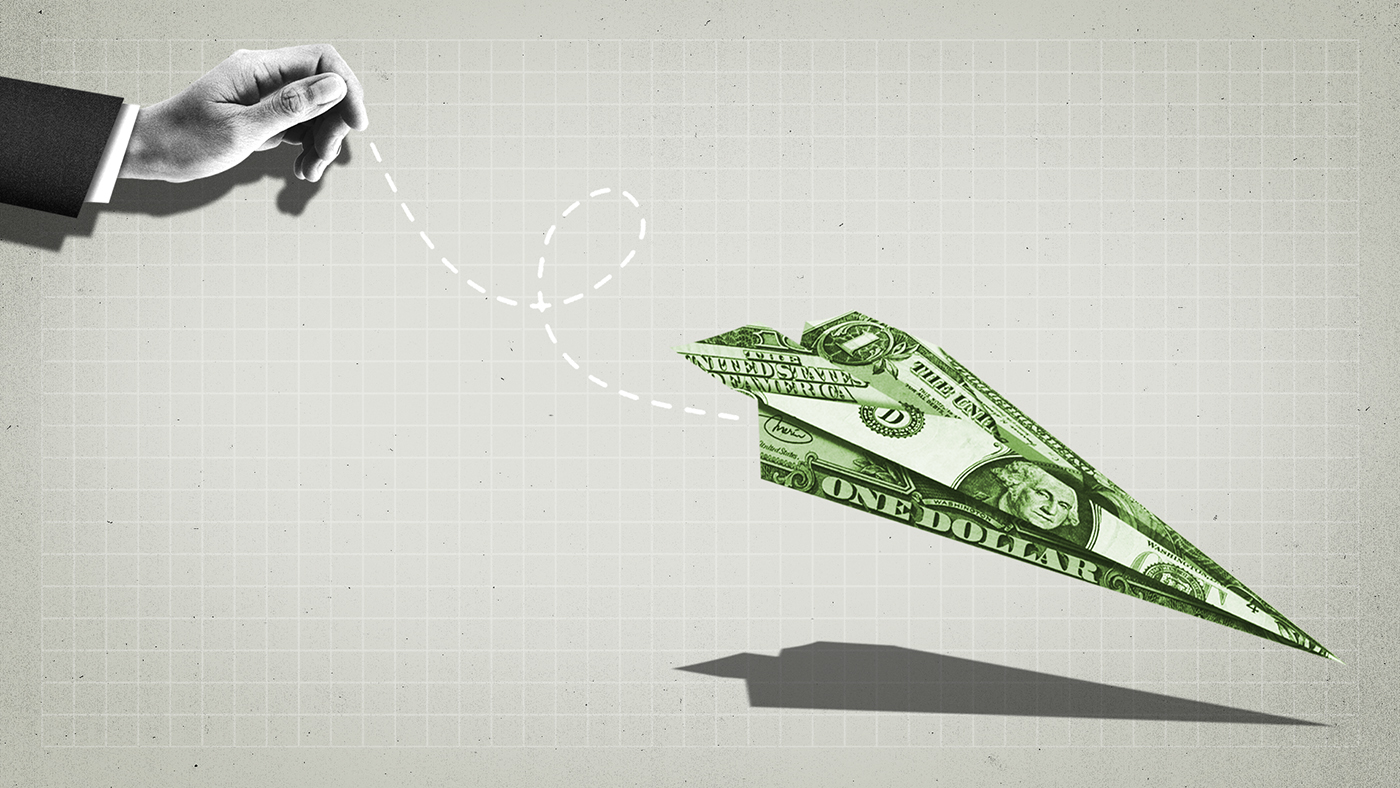 De-dollarisation: why are countries looking to ditch US currency?
De-dollarisation: why are countries looking to ditch US currency?Today's Big Question Move away from USD has accelerated following invasion of Ukraine